Climate Solutions: Agriculture and Forestry | Webinar
Date
Economic Impacts of Investing in Climate Mitigation in New York Forests & Agriculture
Since the mid-2000s, New York has set emissions reductions goals, established a Climate Action Council (CAC), joined the Regional Greenhouse Gas Initiative (RGGI), set a clean energy standard for electricity, tightened energy efficiency standards, and began the development of a broad-scale climate scoping plan.
New York’s agricultural and forest lands have great potential for helping New York meet its climate goals for reduced greenhouse gas emissions. To better understand the environmental and economic impact potential these lands offer New York toward reaching its GHG reduction target, RTI experts partnered with New York State and the United States Climate Alliance for the creation of a report to assess the economic impacts of three activities under consideration by the New York Climate Action Council’s Agriculture and Forestry Advisory Panel (AFAP):
- Reforestation
- Afforestation
- Dairy farm manure management.
These activities have been well studied by the CAC and research community, have significant mitigation potential, and have high potential economic impacts.
As part of the Climate Solutions Webinar Series, our panelists discuss the potential of these activities and key issues New York will face in realizing climate mitigation potential on agricultural and forest lands.
Watch the Recording
Meet the Presenters
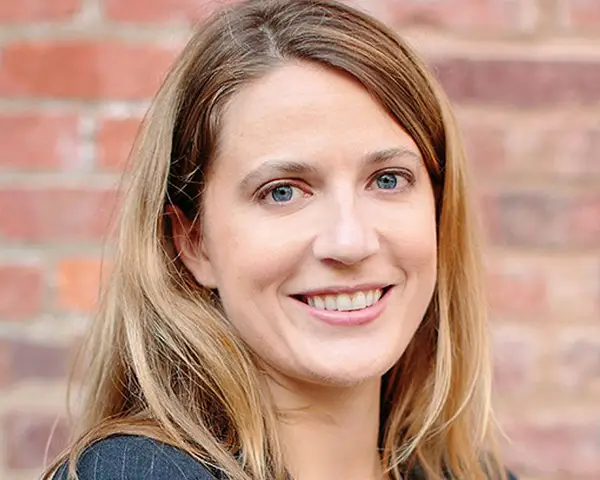
Kemen Austin, Senior Policy Analyst, RTI International
Dr. Kemen Austin is a senior policy analyst with more than a decade of experience translating scientific innovations into practical guidance for sustainably managing land resources, balancing trade-offs among multiple ecosystem services, and catalyzing low-emissions development. She has extensive experience in evaluating forest conservation and climate mitigation programs using geospatial analysis, remote sensing, and economic and statistical models.
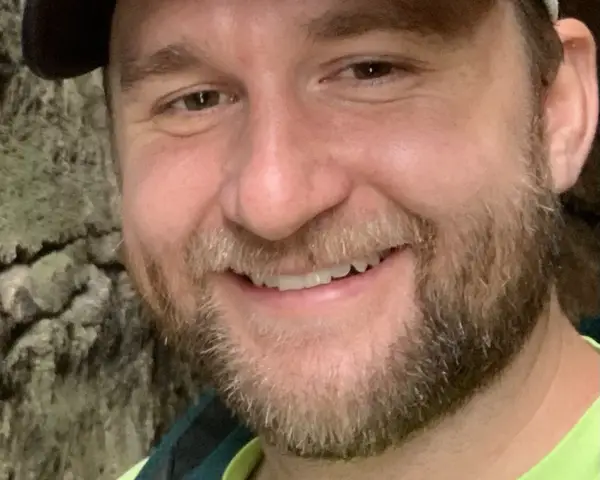
Bryan Ellis, Carbon Forestry and Climate Section Leader, NYS Department of Environmental Conservation, Division of Lands and Forests
Bryan Ellis is the section leader for the newly created Carbon Forestry and Climate (CFC) Section within the NYS DEC Division of Lands and Forests and has been working in DEC for over 10 years in a variety of roles. Before leading the CFC Section, he was a DEC field forester in the Catskill region working with private landowners and managing forest preserve lands, as well as spending time as the statewide Hemlock Woolly Adelgid coordinator and working on invasive species response statewide. He received his MS from SUNY ESF in Forest Resource Management.
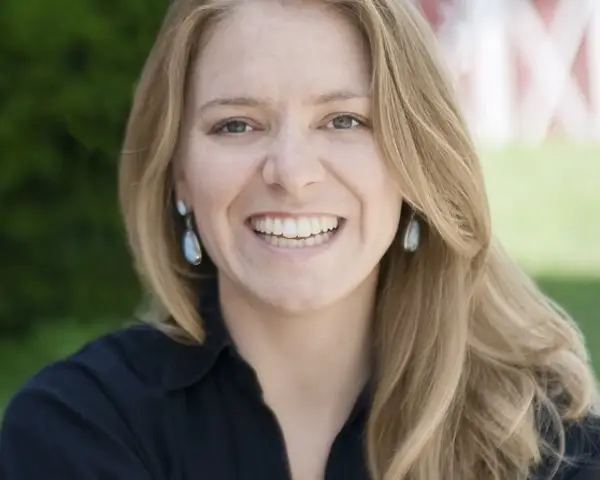
Suzanne Hunt, Policy Director, Generate Capital
Suzanne Hunt is Policy Director at Generate Capital, a leading sustainable infrastructure company driving the infrastructure revolution. Generate builds, owns, operates, and finances solutions for clean energy, water, waste, transportation, and digital infrastructure globally. Prior to joining Generate, Suzanne founded and ran Hunt Green LLC where she created solutions across energy, agriculture, and transportation for private equity firms, U.N. bodies, government agencies, clean tech startups, Fortune 500 companies and nonprofits. Previously, she directed the Worldwatch Institute’s bioenergy program where she orchestrated the landmark research initiative and resulting book, “Biofuels for Transportation: Global Potential and Implications for Energy and Agriculture.” Suzanne has served as an advisor to entities such as the Club of Madrid, Air New Zealand, and the Carbon War Room. She currently serves several boards and councils including the Sustainability Advisory Council to Bayer Corporation, the International Institute for Sustainability Analysis and Strategy (IINAS), Environmental Entrepreneurs (E2), and she is a member of the Agriculture and Forestry Advisory Panel to the NY Climate Action Council, and the NY Clean Transportation Roadmap Expert Advisory Board. Suzanne also co-owns her family’s seventh generation farm and 40-year-old sustainable winery (HuntWines.com). She holds a B.S. in Environmental Science from Penn State, and master’s degrees in International Affairs and Natural Resource Management from American University and the UN’s University for Peace in Costa Rica.
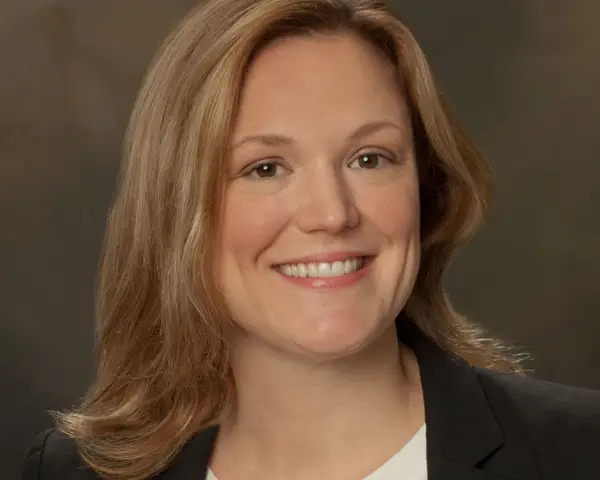
Claire Jahns, Senior Advisor, U.S. Climate Alliance
Claire Jahns partners with non-profit organizations, state and local governments, and research institutions to advance climate-resilient conservation and carbon sequestration strategies for agriculture, forestry, and biodiversity. Claire serves as Senior Advisor to the U.S. Climate Alliance, guiding the Alliance and member states in developing policy and technical resources that support the expansion of natural and working lands stewardship in alignment with climate resilience. Claire served as Assistant Secretary for Climate Issues at the California Natural Resources Agency under Governor Edmund G. Brown. In this role, she led development of California’s Natural and Working Lands Strategy and adoption of California’s first statewide quantitative goals for GHG reductions derived from natural climate solutions. Prior to this, Claire served as a project director at The Nature Conservancy, where she worked with landowners, public officials, and other partners to develop solutions at the intersection of agriculture and biodiversity conservation in California and the American West. Claire was an economist at the Chicago Climate Exchange from the Exchange’s opening in 2003 to 2007.
Claire holds an MEM from the Yale School of Forestry & Environmental Studies, an MBA from the Yale School of Management, and a BA from Oberlin College. Claire and her family live on a small farm and fruit orchard outside of Petaluma, which they share with sheep, chickens, and an abundance of wildlife.
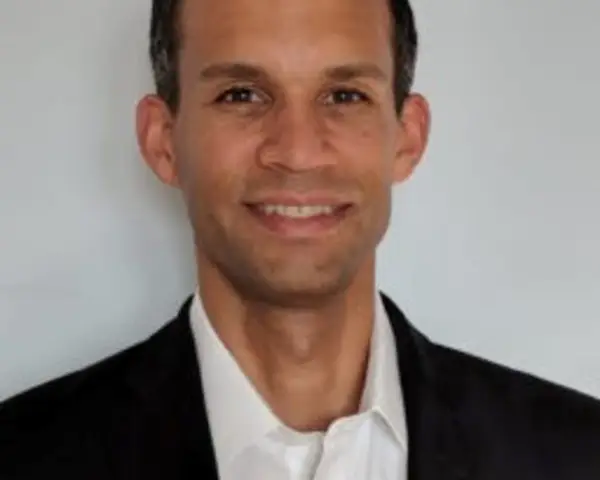
Ziggy Majumdar, Senior Advisor, NYSERDA Innovation
Ziggy Majumdar is a Senior Advisor in NYSERDA Innovation. His role involves helping to define and launch investment initiatives that can support the goals of New York State’s ambitious Climate Act. Prior to NYSERDA, he was Director of Development at the Lighting Research Center at Rensselaer Polytechnic Institute, was a Senior Lead Scientist at Booz Allen Hamilton, where he helped manage R&D programs for the federal government, including the US Department of Energy. He also worked as a researcher at the National Institutes of Health and ran his own small business for a few years, developing sensing technologies and providing technical consulting services. He is glad to be involved in efforts supporting the environment and overall wellness. He is currently located near Albany, NY.
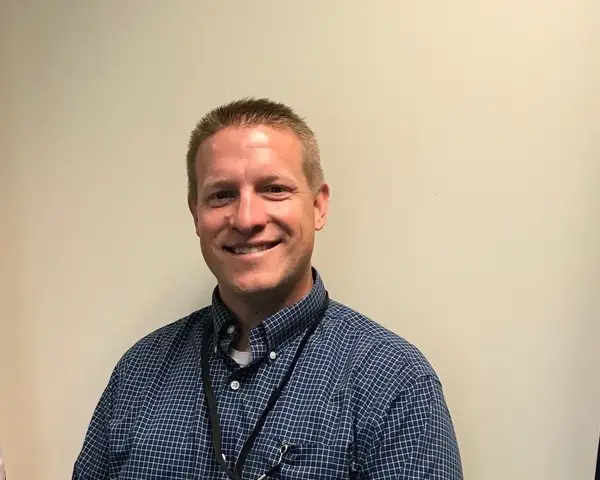
Brian Steinmuller, Assistant Director of the Division of Land and Water Resources and the NYS Soil and Water Conservation Committee, NYS Department of Agriculture and Markets
Brian Steinmuller has been serving as the Assistant Director of the Division of Land and Water Resources and the NYS Soil and Water Conservation Committee (State Committee) of the NYS Department of Agriculture and Markets (AGM) since 2009. As the Assistant Director, Brian, is responsible for the daily operations of the State Committee, whose statutory responsibility is to guide, coordinate, and network the State’s 58 County Soil and Water Conservation Districts. The State Committee administers the state’s Agricultural Environmental Management, Agricultural Nonpoint Source Abatement and Control, Climate Resilient Farming and the State Aid to Soil and Water Conservation Districts Programs. In this capacity, Brian also works closely with the policy team at AGM to advance climate and agricultural conservation programs and works closely with the Commissioner who is a member of the Climate Action Council and is chair of the Agriculture and Forestry Advisory Panel to the Council Action Council.

Peter Woodbury, Senior Research Associate, Cornell University
Dr. Peter Woodbury is a Senior Research Associate in the Section of Soil and Crop Sciences at Cornell University. He has decades of experience researching how agriculture and forestry can mitigate and adapt to shifting climate patterns. For example, Dr. Woodbury has worked with an international team to assess Natural Climate Solutions, quantifying how 20 pathways of improved management of agricultural, forest, and wetlands can reduce GHG emissions to meet 37% of the Paris Agreement target by year 2030 globally, and offset 21% of US emissions. With Jenifer Wightman, he is developing a new greenhouse gas inventory for the agriculture sector in New York State, as well as quantifying opportunities to reduce greenhouse gas emissions to meet Statewide goals.
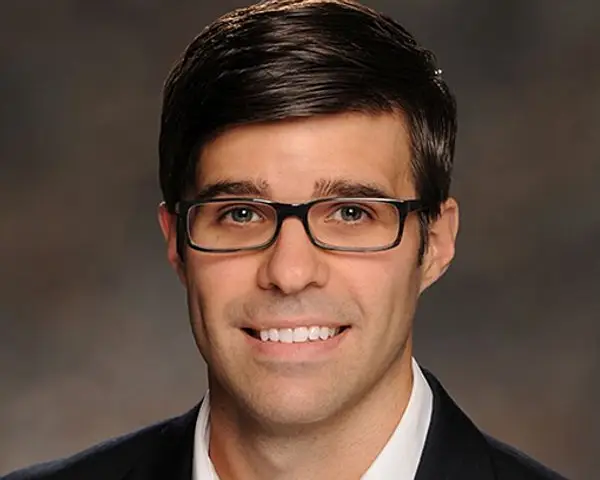
Jared Woollacott, Senior Environmental Economist, RTI International
Jared Woollacott is a senior environmental economist in RTI’s Environmental Engineering and Economics Division. He has 10 years of experience developing and applying economy-wide models to a wide set of energy and environmental problems, including air pollution, environmental policy, and the distribution of these impacts. He leads a team of economists and scientists focused on energy systems, transportation, electricity, and macro-economic simulation modeling. The combined work of this group, in collaboration with others at RTI, contributes to our understanding of how natural resources, technological change, environmental policy, and economic growth shape our economy and environment over time.